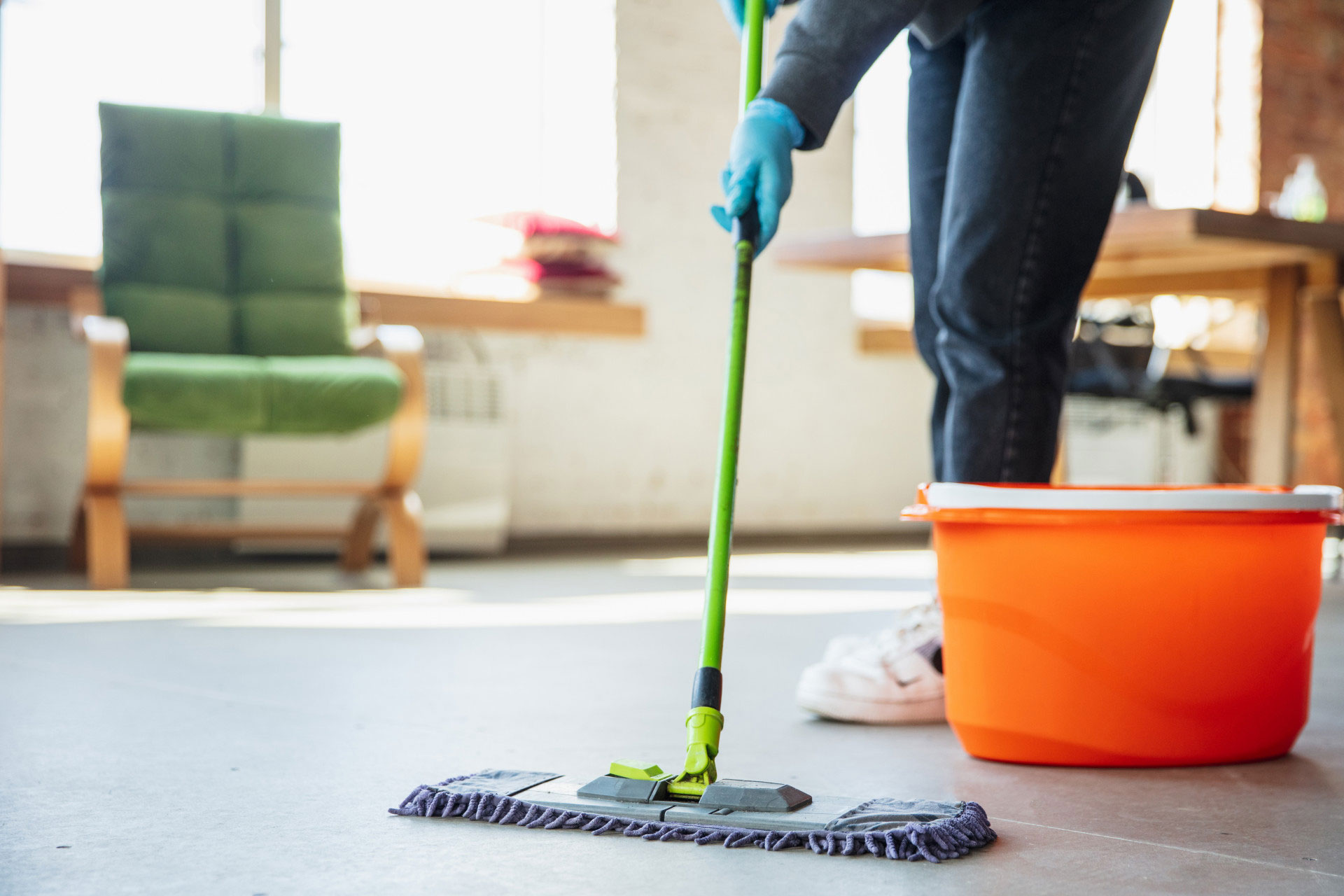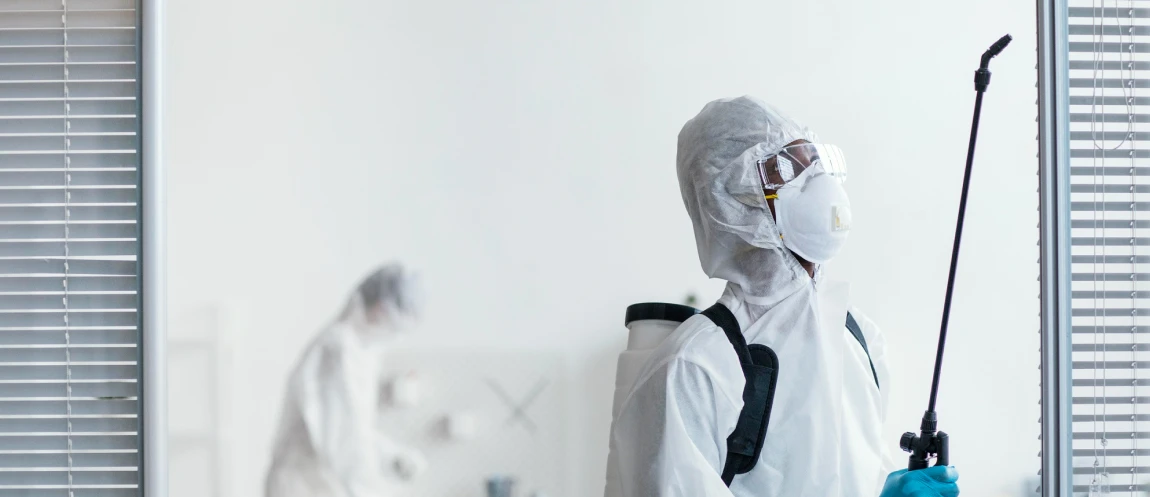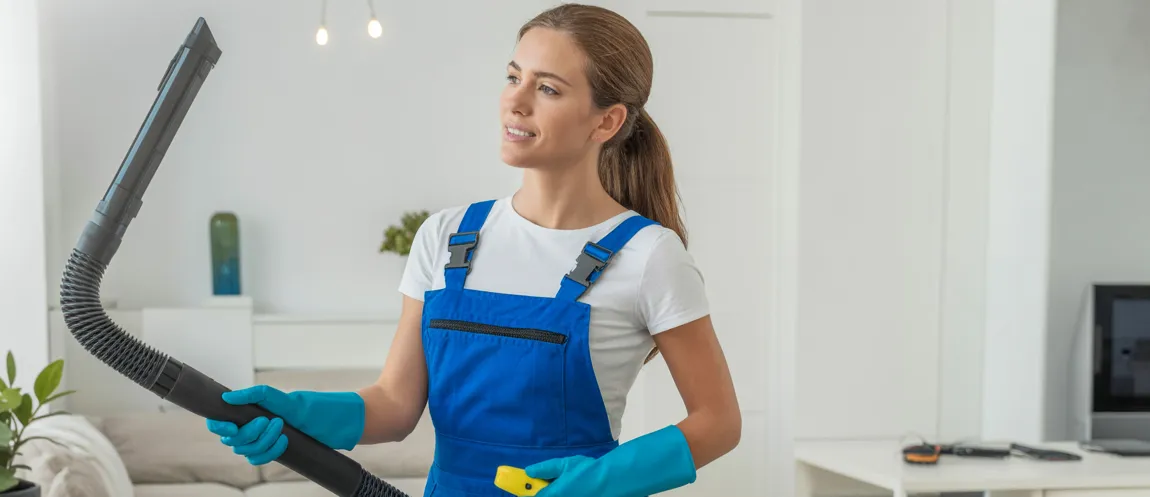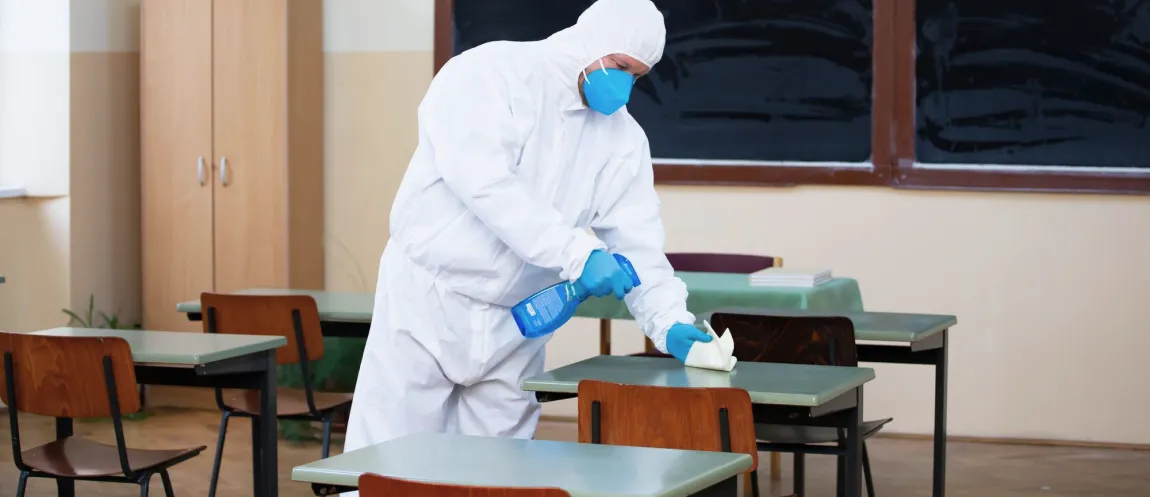When it comes to creating a safe, comfortable home for seniors, cleaning isn’t just about tidying up. It’s about ensuring their well-being. A clean home can make all the difference, reducing the risk of accidents, improving mental health, and promoting a sense of independence. But senior home cleaning isn’t a one-size-fits-all task. It requires a careful, tailored approach that takes into account mobility challenges, health concerns, and emotional comfort.
Let’s explore how you can transform a senior’s living space into a sanctuary of safety and care.
Why Senior Home Cleaning Is Unique
Cleaning for seniors is far more than a typical housekeeping task. It’s about adapting the cleaning process to meet their specific needs and conditions.
Safety First
For seniors, the risk of falls is a major concern. A cluttered environment with loose rugs or poor lighting can lead to dangerous accidents. Prioritizing safety in senior home cleaning means removing hazards that may cause slips or trips.
Health Concerns
Seniors often have weakened immune systems, making them more vulnerable to infections and allergies. Regular cleaning and sanitizing, especially in high-traffic areas like kitchens and bathrooms, are essential to ensure a safe and healthy environment.
Physical Limitations
As we age, tasks like bending, lifting, or reaching can become increasingly difficult. Senior-home cleaning plans must take these limitations into account, utilizing tools and techniques that minimize strain on the body.
Emotional Well-being
A tidy home has a profound impact on mental health. For seniors, an organized, clean environment fosters a sense of control and reduces feelings of anxiety or depression. It’s about more than just cleanliness, as it’s about creating a space where they can feel comfortable and at ease.
Key Principles of a Safe and Caring Approach
A successful home cleaning strategy isn’t just about scrubbing surfaces. It’s almost crafting a comprehensive, compassionate plan that addresses the needs of older adults.
1. Personalized Cleaning Plans
Before you begin, assess the senior’s physical capabilities, health conditions, and preferences. A tailored cleaning plan can help set a manageable routine without overwhelming them. Break tasks into smaller, more manageable steps and use a checklist to track progress, fostering a sense of accomplishment.
2. Safety Enhancements
Ensure the home is free of trip hazards by decluttering walkways and securing loose rugs. Install safety features like grab bars in bathrooms and ensure that the lighting is adequate. These simple steps can significantly reduce the risk of falls and accidents.
3. Use of Senior-Friendly Tools and Products
Opt for lightweight, ergonomic cleaning tools such as long-handled dusters and vacuums. Non-toxic, eco-friendly cleaning products should be used to minimize respiratory irritation, as seniors are often more sensitive to chemicals. Proper ventilation is key to maintaining good indoor air quality.
4. Focus on High-Risk Areas
Certain areas of the home require extra attention. Kitchens and bathrooms should be cleaned and sanitized regularly to prevent infections. Floors must be vacuumed and mopped to reduce allergens, while neglected spots (like under furniture and behind appliances) should be cleaned to reduce dust accumulation.
5. Involve Family and Caregivers
Cleaning doesn’t have to be a solo task. Involve family members in the process to lighten the load and provide emotional support. For tasks that may be too demanding, consider hiring professional cleaning services trained in senior care.
6. Maintain Emotional and Social Well-being
A clean home can improve a senior’s overall emotional health. Involve them in simple tasks to promote independence and dignity. Regular cleaning sessions can also double as a social activity, reducing feelings of loneliness and isolation.
Sample Senior Home Cleaning Checklist
| Task | Frequency | Safety Consideration |
| Declutter walkways | Weekly | Prevents trips and falls |
| Dust and vacuum floors | Weekly | Reduces allergens |
| Sanitize kitchen/bathroom | Weekly | Prevents infection |
| Clean out fridge and pantry | Monthly | Removes expired food |
| Change bed linens | Weekly | Promotes hygiene |
| Replace light bulbs | As needed | Ensures proper lighting |
| Dispose of expired meds | Monthly | Prevents medication errors |
| Wash windows/curtains | Seasonally | Improves light and air quality |
Best Practices for Success
- Regular Routine: Consistency is vital. Stick to a cleaning schedule to keep the home safe and organized.
- Adaptability: As the senior’s needs evolve, adjust the cleaning plan accordingly.
- Communication: Keep open lines with caregivers and family to ensure that the home is being cleaned in a way that best supports the senior’s well-being.
- Professional Guidance: When in doubt, consult with professionals who specialize in senior care and home safety.
Transform Your Senior’s Home with DLL Cleaning Services
When it comes to senior home cleaning, safety, comfort, and dignity are paramount. At DLL Cleaning Services, we understand the unique needs of seniors and are committed to providing thorough, compassionate cleaning that ensures both a hygienic and safe living environment.
Let us help you create a space where your senior loved ones can thrive. Contact us today for more details.
FAQs
How often should senior homes be cleaned?
Seniors should have their homes cleaned at least once a week, with high-risk areas like the kitchen and bathroom receiving more frequent attention.
What are the best cleaning tools for seniors
Lightweight, ergonomic tools like long-handled mops, vacuums, and dusters are ideal for seniors. Non-toxic, eco-friendly cleaners also help ensure safety.
How can I prevent falls during cleaning?
To prevent falls, declutter pathways, secure loose rugs, and install grab bars in bathrooms. Make sure the home is well-lit to reduce hazards.
Should I hire professional cleaners for seniors?
Yes, professional cleaners who specialize in senior home care can provide a thorough cleaning and ensure that safety measures are in place.
How do I involve my elderly loved one in cleaning?
Encourage participation in light tasks such as dusting or organizing. It fosters independence and helps them feel engaged and valued.




